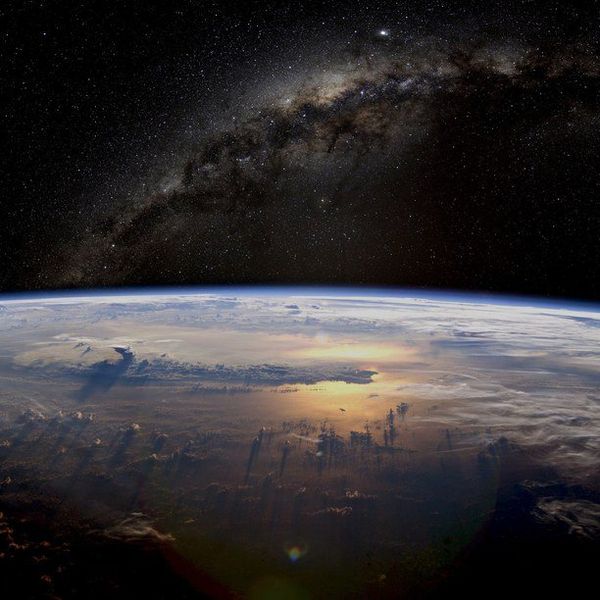With all of the media coverage, it would be an understatement to say that people are aware of the Mars One space mission. The project, backed by a Dutch non-profit organization, has been in session since the year 2011, and its greatest aim is to put the very first group of human beings on Mars by 2020. Upon the great surge in popularity of the organization's goals, the idea of a one way mission to settle on Mars has captivated and caused the whole world to question the fate of space exploration, and consequently, humanity. However, recent news indicates that the whole project may have been a hoax, or at the very least, ahead of its time.
A few months ago, researchers at MIT had debunked the likelihood of setting foot on Mars by 2020, concluding that the mission would not be physically nor financially possible, for it is an extremely short period of time for it to be executed. Mars One's CEO, Bas Lansdorp, suggests otherwise. He believes we could realistically see humans soon settling on the red planet, though with some delay. Even so, the suspicion does not dissolve, for a few finalists were highly skeptical of the off-key way in which the organization carried out its selection process. A NASA researcher, Joseph Roche, who became a finalist of the space mission project, explains in an interview by Elmo Keep from "Medium,"
"When you join the ‘Mars One Community,’ which happens automatically if you applied as a candidate, they start giving you points,” Roche incites. “You get points for getting through each round of the selection process, and then the only way to get more points is to buy merchandise from Mars One or to donate money to them.”
Despite the reasonable doubt that surrounded Mars One from the very beginning, it is still interesting when one considers how willing some individuals were to be one of the first to settle on Mars, regardless of the possibility of death or solitude. Incredibly, risk will never hinder the potential for space exploration in the future, as it has been proven by astronauts countless times in the past.
Indeed the very idea of settling on Mars may have actually been too good to be true, at least if it were to be done by the year 2020. Yet, the potential failure of this project does not eliminate the possibility of humanity's conquisition of another planet. Humans have landed on the moon despite the skepticism that may have revolved around it in the very beginning.
More importantly however, similar to the Apollo 11 moon landing, Mars One has left many pondering the question of just how far space exploration will go? Dissimilar to Apollo 11, the thought of settling on an actual planet aside from our own raises its own unique question: whether it is really in our place as earth dwellers to advance so far technologically? For the idea is, that if Earth ever becomes uninhabitable, we would have a safety net. This preposition leaves a bad taste in the mouth for those that feel that we have gone so far that we'd ultimately accept the human desecration of Earth. For others it is simply considered human curiosity and fulfillment; therefore, it would be preposterous to halt our advancement as a species.
Whatever your position may be, it is important to consider how far humanity has progressed within the time frame of the species' existence. We have come to a point where we must decide if it is in our place to remove ourselves from our natural setting and create a habitable living space on another planet; and it is all due partly to faults of our own.
These questionable prospects of the human race have all been big topics of science fiction in books over the years: some famous examples being, "Brave New World" by Aldous Huxley and "1984" by George Orwell. The theme of technological advancement has even presented itself in animated films such as "WALL-E." For the most part, in each instance we are forewarned of our technological creations--that they will take over our humanity, or at the very least, our way of life; thus creating a dystopian fate.
As the future unfolds in mysterious ways, so does the fine line that at one point people have considered immoral to cross. Whether we are as close to going to Mars as Bas Lansdorp incites or not, future generations, someday, may very well see themselves looking back at our Earth as a distant and forgotten home of the past.
























